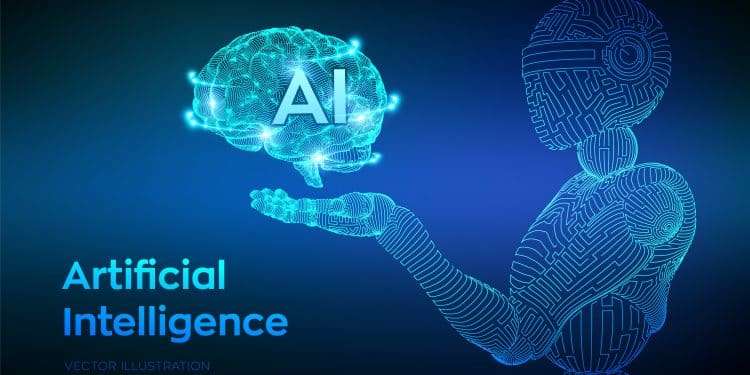“Jobs That Artificial Intelligence Cannot Replace”
Artificial intelligence which is also known as AI, actively changing the industries and automate the tasks. However, there are still some positions that are not expected to be completely replaced by AI. They are mostly tasks that will focus mostly on the human element and traits like creativity, empathy, complex decision-making, and personal interaction. This article focuses on the jobs that AI will not take away from us, showcasing the remarkable features of these professions that AI cannot replace.
Artificial intelligence has been steadfastly making its way further into automating the tasks based on repetitive activities and a lot of data. From customer service automation talking to chatbots, artificial intelligence has become the main force of the workforce. But, some works are human only tasks that don’t need intellectual thought, emotional IQ, and creative solving of the problem. These jobs are the most important part of society and are those that can breathe the longest while on Earth (remain ecologically stable through the ages). In order to discuss several of these jobs and their individual imparities, we will devote this writing.
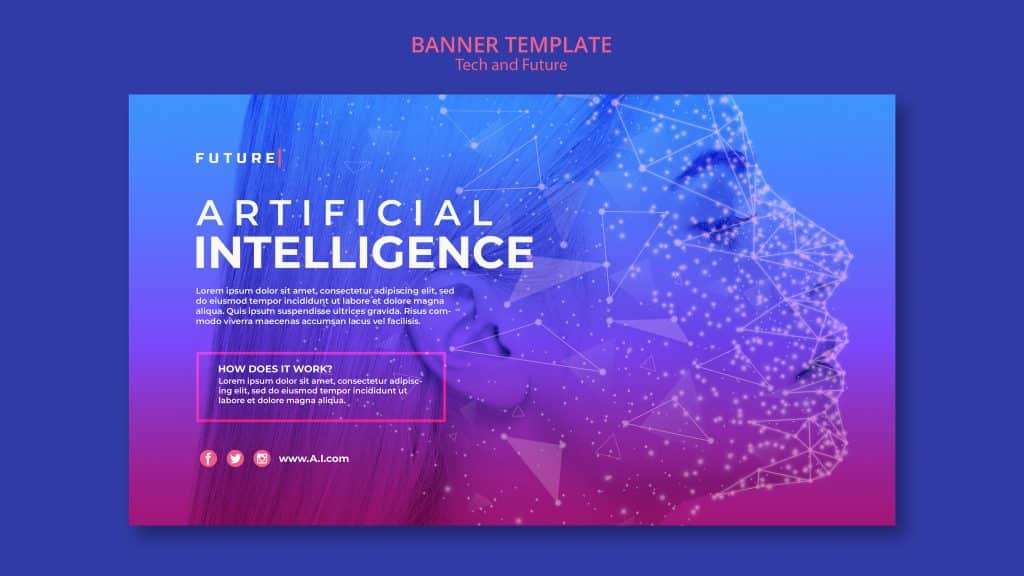
Table of Contents
Professions That Require Creativity
Artists and Designers
The unique experience and emotion of human beings can be reflected in the works of artists and designers. Even though the Artificial Intelligence can generate images and designs, it is human beings who may only define the subtle distinctions in human culture and the novels of aesthetics. Personal style and cultural context are the main key features being used by the artists to embed their work with emotional depth and therefore making it one of a kind and irreplaceable.
Writers and Journalists
Writing is much more extensive than adult word building as it includes not only creativity but also storytelling skills and the thorough knowledge of human emotions. Writers and Journalists develop novels. They write the news reports. They produce the most persuasive marketing content with a personal note which is beyond the capacity of the Artificial Intelligence. The analytical and visionary skills to endear and portray complicated thoughts, feelings, and cultural peculiarities are the abilities of a person but not of a robot.
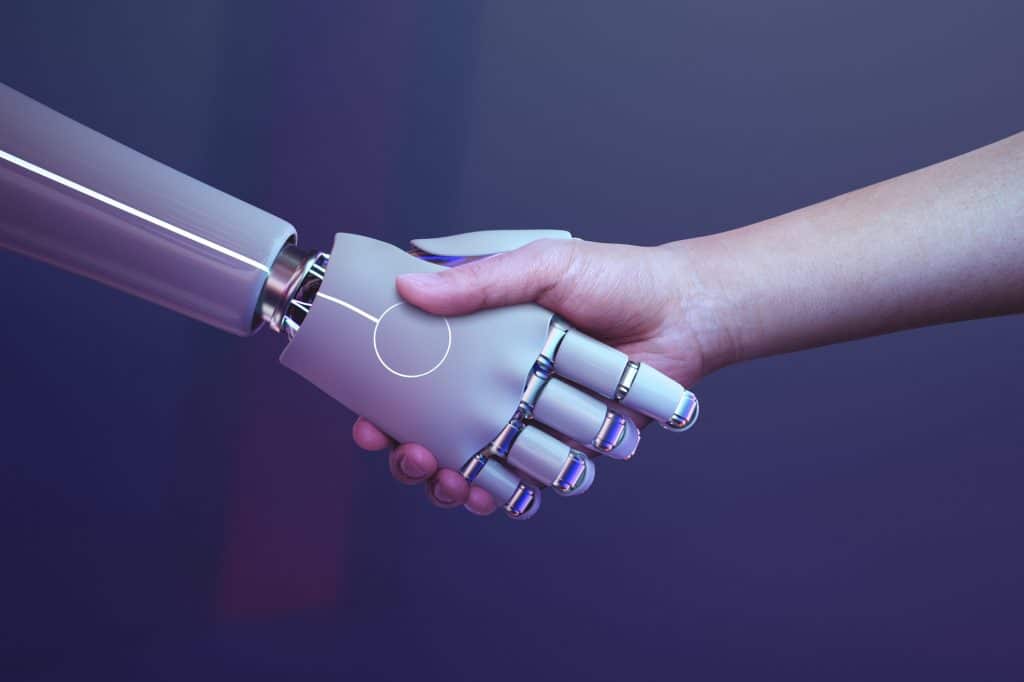
Jobs Requiring Emotional Intelligence
Psychologists and Therapists
Psychologists and therapists workkh with the patients to provide emotional supportimhe on the one hand, and theya okayrstel iainm health care on the othertcu chavat to help them in their time of hardship). In this connection, empathy, active listening, and the ability to build trust with patients are the talents of their field. AI mental healthcare tools belong among such kind of tools that could serve in diagnosing mental health conditions. Furthermore, computers have been developed to provide the necessary information to resolve the query. However, humans in psychiatric counseling contribute to patient recovery and reintegration through the understanding that is encrypted in the human link. One cannot exist without the other.
Artificial intelligence Social Workers
Social workers help individuals and families who are experiencing various challenges such as mental health problems, poverty, and domestic violence. Such a specialist has successfully performed the emotional healing task of their client. A person who is familiar with people around him is quite necessary, so the expert must know how to deal with their problems and how to help them. This is a skill that social workers have developed from their professional training. Social workers are engaged in supporting and advocating for clients on a one-to-one basis. On the other hand, computers cannot replace social workers in this line of work.
Roles Involving Complex Decision-Making
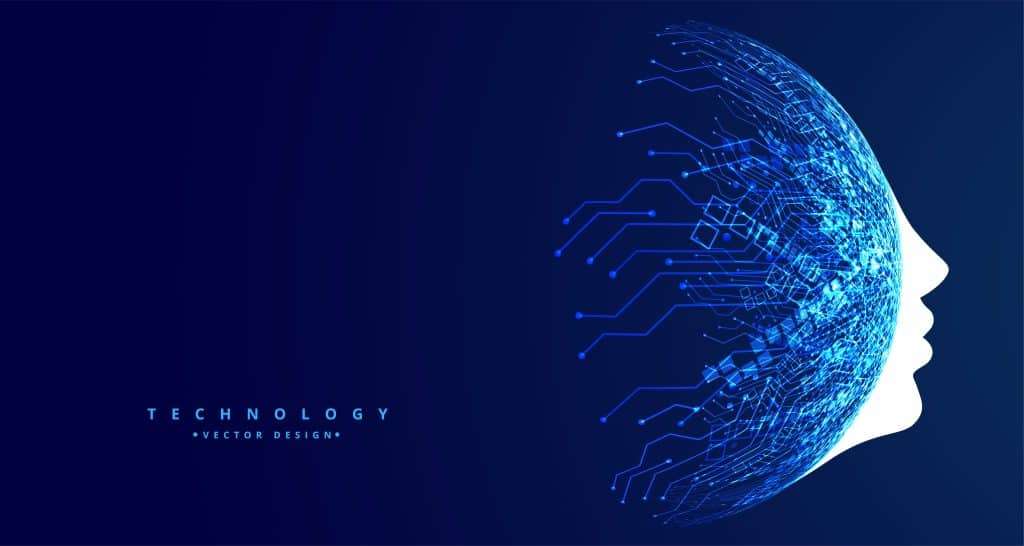
Medical Professionals
The decisions made by doctors and nurses concerning patient care are critical, and they often have to do this in high-pressure scenarios. Although, AI can help with diagnoses and treatment procedures, the only human judgment can evaluate the full context of a patient’s illness. This encompasses the patient’s medical history, emotional state, and personal preferences. Medical professionals bring together the scientific knowledge available, and their intuition and empathy to provide holistic care.
Legal Professionals
Sometimes lawbery is a court or judge to avoid making human error, because this happens often, the need to translate or transmit the law. In this way, artificial intelligence can contribute on some levels in terms of legal research and case analysis. For one, the intuition and insights of humans are essential for trials to be fairly judged. In addition, the aspect of ethics is concerned with giving the best human solutions as well. Legal professionals, in their role, normally base their decisions on earlier experiences, their points of views and, moreover, their relationship to societal values.
Jobs That Require Personal Interaction
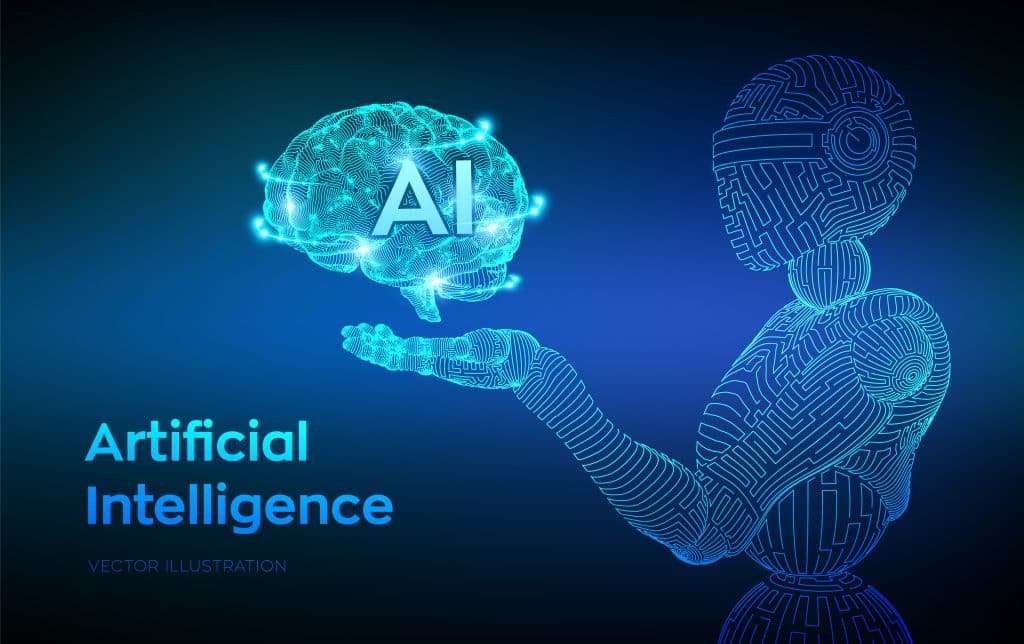
Teachers
Teaching is a fundamentally human occupation. It not only includes the transfer of knowledge but also inspires and assists students. Teachers are known to have a deep relationship with their students, and therefore they can adapt their teaching methods to match the needs of each student at different levels, as well as provide the necessary emotional support. Although artificial intelligence can make educational tools and resources more interactive and efficient, the personal bond between teachers and students is something that cannot be simply replaced by technology.
Performers
Given, it is a fact that artists struggle for creativity, many of them are often overcome with powerful influences. Actor, musicians, and dancers are the ones who give a particular meaning to the musical or dance performances and let the spectators feel the clear signals of passions. Even though AI will be able to produce music and create the illusion of a live performance, the human element is the one that provides that authenticity and emotional depth that machines cannot offer. Performers represent their art in a way that their audiences can find similar subjective experiences, thus creating the no machine can emulate social bonding..
Conclusion
As we see AI by now, it has developed into a tool used in everyday life to do repeated and boring activities in the working place. However, some jobs will always need the unique characteristics only humans can do. Those positions are the ones that make good use of human creativity, emotional intelligence, sophisticated decision-making, and person-to-person interaction, and are thus most unlikely to be completely replaced by AI. These jobs are a fundamental part of the human outlook and will continue to prosper in a world of AI.

